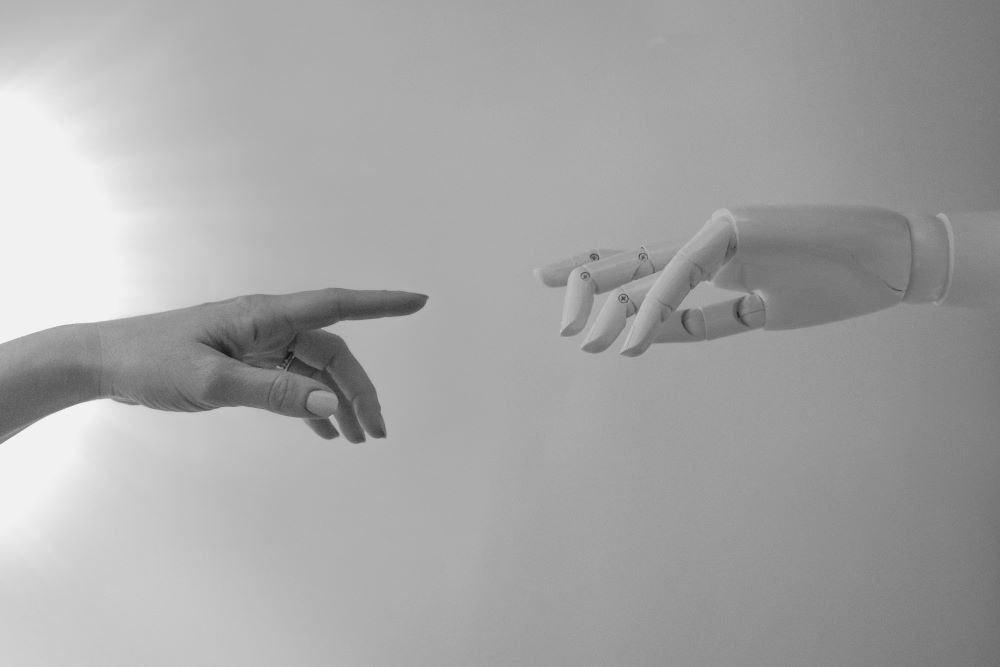Leaders issue warning about artificial intelligence and religious extremism.
The UN Security Council’s first-ever meeting on AI threats to international peace was held recently, where Antonio Guterres, the UN General Secretary, asked the member states to take action on the prohibition of autonomous weapons by 2026.
However, it is worth noticing that a nuclear doomsday triggered by artificial intelligence (AI) or the elimination of millions of jobs is not even the worst-case scenario that entails the threats AI poses. It is the manipulation of ideological beliefs via AI that could affect billions.
AI can manipulate deepfakes, create fake audios, and analyze data to create new information from the existing. This can be exploited to use religion as a trigger for violence and persecution. And religion in the wrong hands is but a tool for irritable division.
Tech and religion are already being weaponized by extremists like ISIS, who are leveraging the two to conduct recruitment campaigns for their evil organizations and inflame religious tension. Now that AI has entered the landscape, this will only make things easier for them and on a much larger scale. AI can allow them to weaponize the values upheld by millions worldwide, and anonymously at that.

With no restrictions, AI could be used to spread false information and give birth to a new wave of malicious activities, as agreed by Antonio Guterres during the event, who said, “The malicious use of AI systems for terrorist, criminal or state purposes could cause horrific levels of death and destruction, widespread trauma, and deep psychological damage on an unimaginable scale.”
The UK Labour Party admits that the current laws related to countering terrorism are insufficient and not capable of handling any threat related to or perpetrated by AI. Whereas the current administration of the USA, led by Joe Biden, despite having secured commitments for current leaders in the AI realm, does not have countermeasures agreed for terror threats in particular.
Although regulations and frameworks are fundamental to counteracting this threat, it is the involvement of religious/faith leaders to truly neutralize any such nefarious actions. Since they are aware of how faith could possibly be exploited by these perpetrators, they can suggest effective countermeasures against their ploys, and their influence can prevent people from going astray and taking their doctrine from nefarious resources that are shrouded by AI.
Faith leaders are a vital part of such discussions and deserve seats in such events to provide their insights into these subjects since they are the experts. With their guidance, the inception of this new wave of religious extremism may be avoided. This includes leaders from organizations like the Vatican and Muslim World League that have a history of working against violent extremism.
This also ensures the application of AI for the purpose of the good of humanity as it can revolutionize religious practice. It can help preach the true message of faith to illiterate people living in rural areas and influence them positively. Furthermore, it can serve as a new weapon to fight against terrorism.
The integration of AI with religion is a sensitive territory that needs to be chartered with caution while maintaining the required balance and upholding the beliefs, practices, values, and ethics that they strive for. With the advancements in AI technology, preventive measures can be deployed which come into action in case of exploitation. Instead of just policymakers, giant tech, and politicians acting as the authority figures to determine the risk and reward of AI, religious leaders must also be made a part of the debate.
Sources:
We Must Guard Against the Dangers of AI and Religious Extremism


Join the conversation!